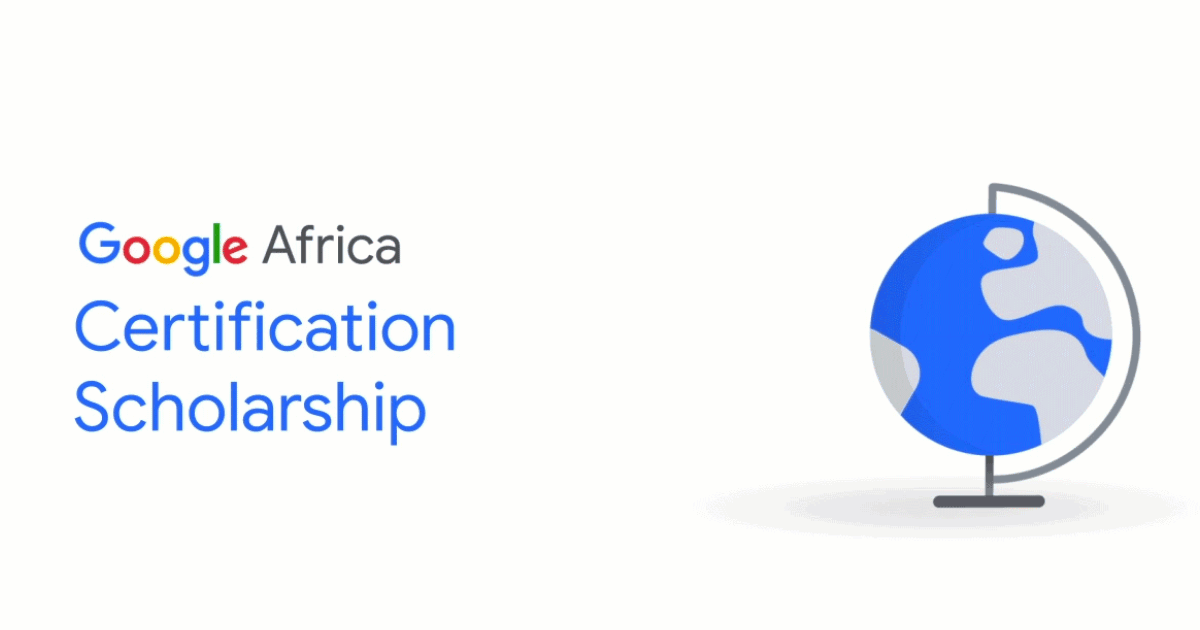Posted by Anuj Gulati, Developer Marketing Manager and Sami Kizilbash, Developer Relations Program Manager
Last year we announced the Indie Games Accelerator, a special edition of Launchpad Accelerator, to help top indie game developers from emerging markets achieve their full potential on Google Play. Our team of program mentors had an amazing time coaching some of the best gaming talent from India, Pakistan, and Southeast Asia. We’re very encouraged by the positive feedback we received for the program and are excited to bring it back in 2019.
Applications for the class of 2019 are now open, and we’re happy to announce that we are expanding the program to developers from select countries* in Asia, Middle East, Africa, and Latin America.
Successful participants will be invited to attend two gaming bootcamps, all-expenses-paid at the Google Asia-Pacific office in Singapore, where they will receive personalized mentorship from Google teams and industry experts. Additional benefits include Google hardware, invites to exclusive Google and industry events and more.
Find out more about the program and apply to be a part of it.
* The competition is open to developers from the following countries: Bangladesh, Brunei, Cambodia, India, Indonesia, Laos, Malaysia, Myanmar, Nepal, Pakistan, Philippines, Singapore, Sri Lanka, Thailand, Vietnam, Egypt, Jordan, Kenya, Lebanon, Nigeria, South Africa, Tunisia, Turkey, Argentina, Bolivia, Brazil, Chile, Colombia, Costa Rica, Ecuador, Guatemala, Mexico, Panama, Paraguay, Peru, Uruguay and Venezuela.
How useful did you find this blog post?











